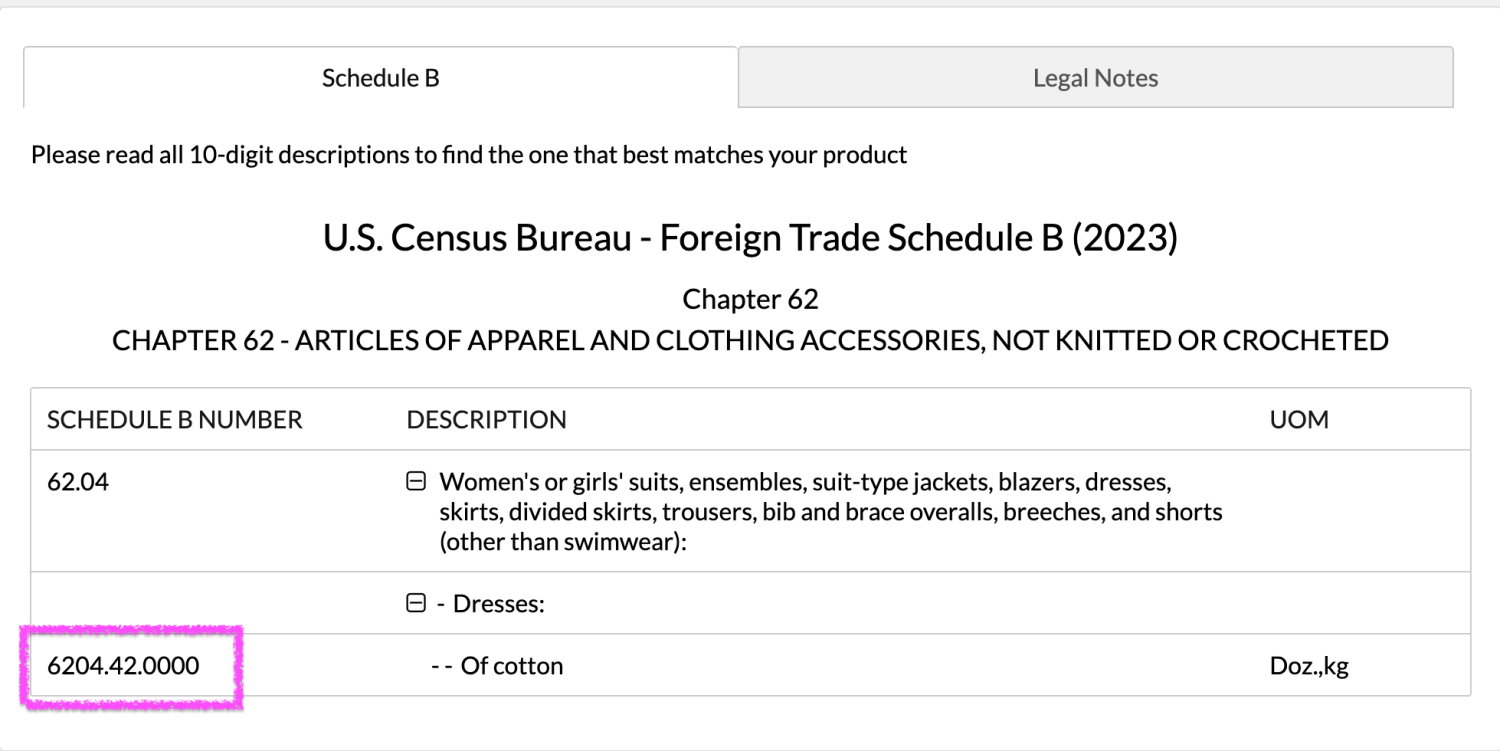What is a Harmonization Number for International Trade?
When it comes to international shipping and trade, there are various rules, regulations, and codes to navigate. One such code that plays a crucial role in the smooth flow of goods across borders is the harmonization number. In this blog post, we will explore what a harmonization number is, its significance in shipping, particularly in terms of the Harmonized System (HS) and Harmonized Tariff Schedule (HTS) codes, and how it impacts various aspects of international trade.
Understanding Harmonization Numbers
1. What is a Harmonization Number?
A harmonization number, also known as a harmonized code or tariff code, is a numerical code used to classify goods for import and export purposes. It is part of a standardized system, such as the HS or HTS, and facilitates international trade by providing a universal language for product classification.
2. The Significance of Harmonization Numbers in Shipping
Shipping and logistics rely on harmonization numbers for various reasons, including:
a. Smooth Customs Clearance
Harmonization numbers simplify customs procedures by providing a standardized classification system. They enable customs authorities to quickly identify and verify goods, reducing potential delays and ensuring seamless customs clearance.
b. Determining Customs Duties and Taxes
Harmonization numbers form the basis for calculating customs duties and taxes. By accurately classifying products, these codes help avoid underpayment or overpayment of fees, ensuring fair treatment for businesses engaged in international trade.
c. Ensuring Regulatory Compliance
Harmonization numbers play a vital role in adhering to product safety, health, or environmental standards. They assist businesses in complying with restrictions specific to certain goods or countries, ensuring adherence to national and international regulations.
3. Harmonization Numbers in Different Contexts
Harmonization numbers have specific applications in various industries and shipping scenarios. Let's explore a few examples:
a. Harmonization Numbers for Clothing
The clothing industry extensively relies on harmonization numbers to classify garments, fabrics, and accessories. Each item is assigned a harmonization number that represents its material, purpose, and other distinctive features. Proper classification under harmonization numbers helps businesses avoid penalties, delays, and achieve regulatory compliance.

b. Harmonization Numbers for International Shipping from the USA
When shipping internationally from the USA, having a good understanding of Harmonization Numbers is vital. These numbers are part of the HS tariff system and are used to classify imported goods. By accurately identifying the correct Harmonization Number for your shipment, you ensure that the appropriate rates of duty and taxes are applied. This knowledge is particularly important when using shipping services like USPS, as it guarantees a seamless customs clearance process and accurate assessment of charges.
4. Harmonization Numbers and USPS
For international shipments through USPS, businesses must correctly identify the HS tariff numbers. These numbers play a crucial role in determining the applicable customs duties and taxes for each product. Including the correct HS tariff numbers in shipping labels and customs documentation ensures accurate assessment of charges and a seamless shipping experience. To further streamline your shipping process, USPS provides the convenience of shipping labels which you can print and attach to your packages. Using USPS shipping labels ensures accurate and professional identification of your packages, which not only saves you time but also helps prevent errors and misplacements during the shipping process. This feature also includes the requirement of correctly identifying the HS tariff numbers, which plays a crucial role in determining the applicable customs duties and taxes for each product. Including the correct HS tariff numbers in shipping labels and customs documentation ensures accurate assessment of charges and helps to ensure a seamless shipping experience for your international shipments.
If you are looking for an affordable and reliable option for shipping packages that are not time-sensitive, USPS Ground service provides several advantages. This service offers cost-effective rates, reliable delivery, and the convenience of various tracking and insurance options. This especially benefits larger and heavier packages, which may cost more when shipped by expedited methods. With USPS Ground, you can have the peace of mind in knowing that your package delivery is secure and efficient at an affordable rate. USPS Ground service is just one example of the many options provided by USPS, offering comprehensive solutions that simplify the shipping experience for individuals and businesses alike.
5. The Benefits of Harmonization Number Database
Having access to an accurate and up-to-date harmonization number database offers several advantages:
a. Access to Accurate and Updated Codes
A harmonization number database provides businesses with the most current codes, ensuring accurate classification and compliance with international trade regulations.
b. Time and Cost Savings
Using a harmonization number database eliminates the need for extensive manual research. It saves time by providing instant access to the necessary codes, streamlining the shipping process. Additionally, it helps avoid costly mistakes caused by incorrect classification.
c. Streamlined Regulatory Compliance
By utilizing a harmonization number database, businesses can stay up to date with changing regulations. It helps ensure adherence to product safety, health, and environmental standards specific to certain goods or countries.
Conclusion
In the world of international shipping and trade, harmonization numbers play a critical role in ensuring smooth customs clearance, determining customs duties and taxes, and ensuring regulatory compliance. Understanding what harmonization numbers are, particularly in the context of the HS and HTS codes, is crucial for businesses engaged in international trade. Whether it is shipping clothing, exporting to the United States, or utilizing shipping services like USPS, proper identification and use of harmonization numbers are key to successful shipments. By utilizing harmonization number databases and partnering with reliable shipping solution providers, businesses can streamline their shipping processes, avoid compliance issues, and enjoy a cost-effective and efficient international trade experience.
Shipping label
